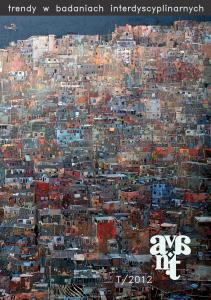MUSIC AND DANCE AS A WHOLE
There is a deep relationship between music and dance, because music performance may be considered as a kind of dance, usually performed by the instrumentalist’s arms, hands and fingers, and the movements performed by dancers may be considered as a source of sound and music. In performing works belonging to specific genres dancers and music performers interact, whereas in other works one kind of professionals fulfills all the required tasks. This article aims at exploring how the relationship between dance and music evolved over time, highlighting the most interesting genres and forms based on these two art forms.
More...
